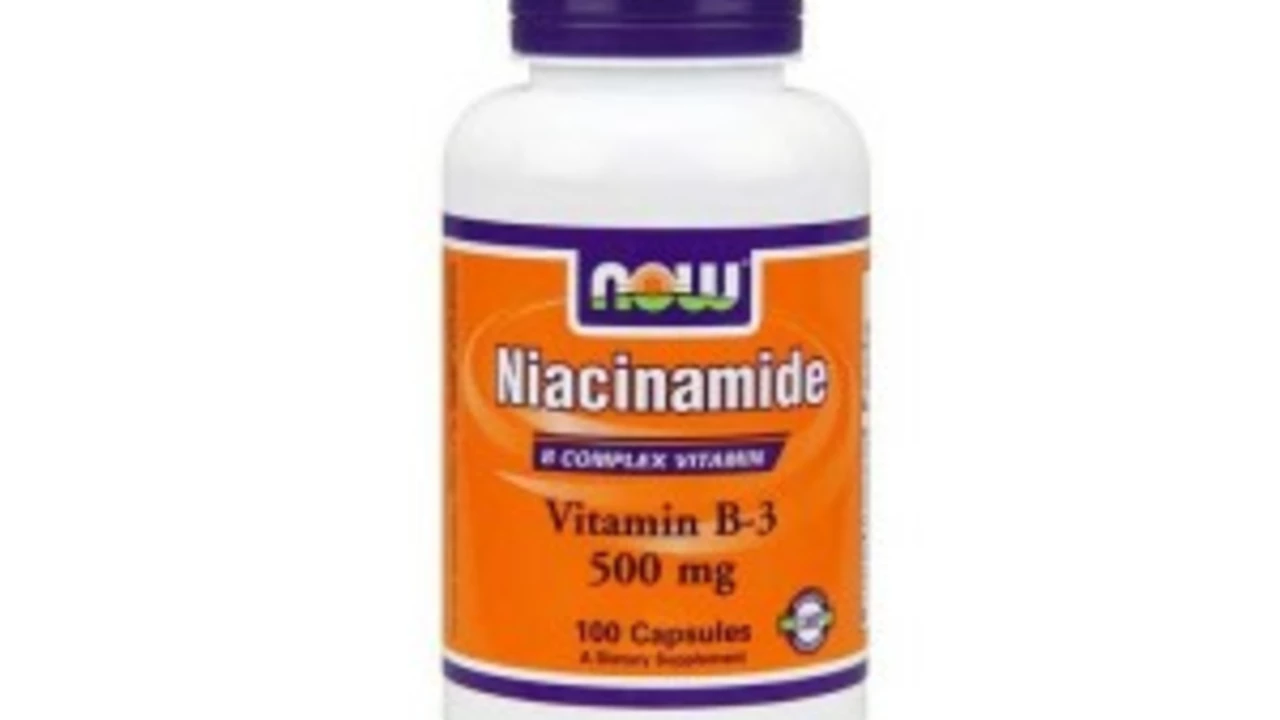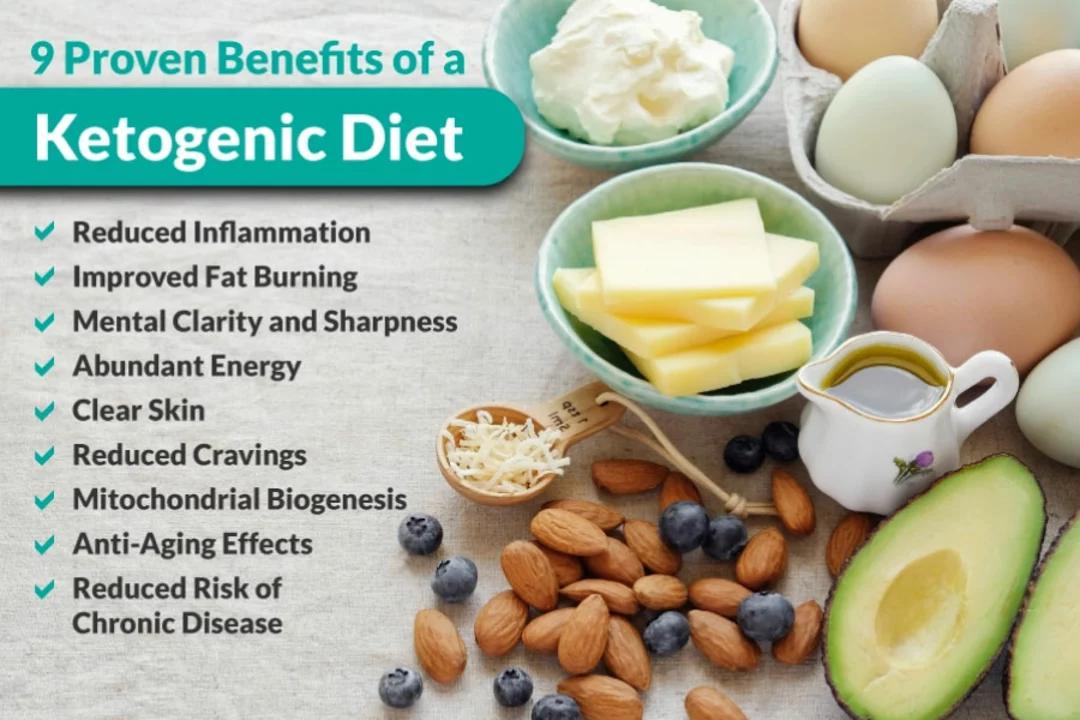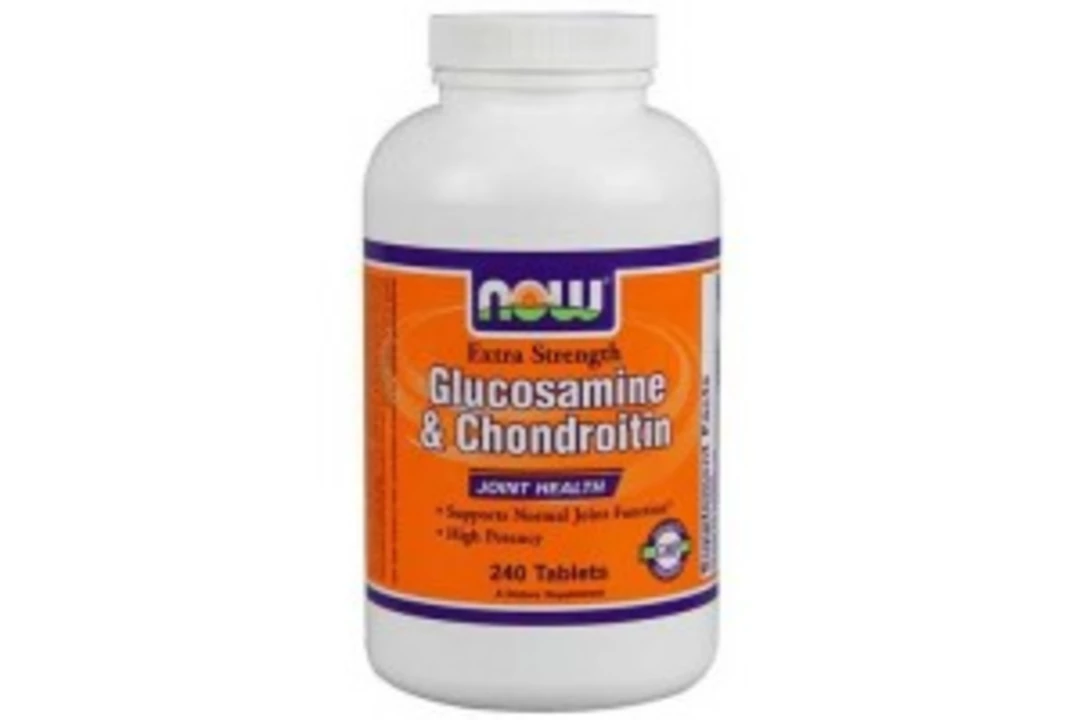Dietary Supplement
Dietary supplements can help fill nutrient gaps, support workouts, or target specific health needs. But not every bottle on the shelf is worth your money. This quick guide shows how to pick safe supplements, spot low-quality products, avoid interactions with prescription drugs, and store supplements so they stay effective.
Read labels first. Look for serving size, active ingredients with exact amounts, other ingredients, and the manufacturer's contact info. Avoid vague claims like "supports immune health" without listing ingredients. If the label promises a miracle or a fast cure, treat it as a red flag.
Check for third-party testing. Reliable supplements often carry seals from NSF, USP, ConsumerLab, or Labdoor. Those seals mean independent labs verified what's in the bottle and checked for contaminants. If you can't find testing info on the label, search the maker's website - legit companies publish certificates of analysis.
Think about interactions and side effects. Supplements can affect medicines including blood thinners, blood pressure drugs, and antidepressants. St. John's wort, for example, lowers levels of many prescription meds. Tell your doctor or pharmacist about every supplement you take before starting something new.
Dose matters. More isn't always better. Follow label doses unless your clinician recommends otherwise. High doses of fat-soluble vitamins (A, D, E, K) can be toxic. For minerals like iron or zinc, short courses can help but long-term use needs monitoring.
Choose the right form. Some nutrients absorb better in certain forms - methylated B12 (methylcobalamin) can be better for people with absorption issues; magnesium citrate is easier on digestion than magnesium oxide. Read product notes or ask a pharmacist if you're unsure.
Watch for fillers and allergens. If you have sensitivities, check for gluten, soy, dairy, or artificial colors. Some pills use magnesium stearate or silicon dioxide as flow agents - usually harmless, but check if you react to them.
Price isn't everything. Cheap products can be low quality, but expensive doesn't guarantee purity. Compare ingredient amounts per serving, not just price per bottle. A higher-cost product with a verified lab seal can be a better buy than a cheap unknown brand.
Storage and expiry. Keep supplements in a cool, dry place and follow the expiry date. Heat and humidity can degrade vitamins and probiotics. Toss any product that smells off or shows a color change.
When to ask for help. If you're pregnant, breastfeeding, have a chronic condition, or take regular prescription medicine, talk with your doctor before starting supplements. Pharmacists can check for interactions fast and suggest trusted brands.
Quick checklist
Before buying: read the label, check third-party seals, confirm dosage and form, check interactions with your meds, and store supplements correctly.
If a product offers a free lab report, download it and scan for ingredient amounts and contaminant testing. That extra step beats guessing.
Ask before you add a new supplement.

- 9 Comments
Glucomannan is the new dietary supplement that's shaking up the health world. It's a natural, water-soluble dietary fiber extracted from the roots of the elephant yam, boasting impressive benefits for weight loss and overall health. It is known to promote feelings of fullness, reduce cholesterol levels, and aid in blood sugar control. Unlike other dietary supplements, glucomannan doesn't just help with weight loss, but also supports overall gut health. This new powerhouse in the health world is definitely worth a try.

- 9 Comments
In my latest blog post, I discussed the numerous benefits of White Soapwort, a plant that's worth considering for your daily dietary supplement regimen. I found that it's rich in beneficial compounds that can boost your health in various ways. From enhancing your immune system to aiding digestion, this plant proves to be a perfect health companion. Plus, it's easy to incorporate into your diet, either as a tea or a supplement. Don't miss out on the chance to elevate your health with White Soapwort.

- 13 Comments
I recently came across an incredible dietary supplement called Pipsissewa, and let me tell you, the health benefits are astounding! Pipsissewa is a small evergreen plant known for its powerful medicinal properties. It's been used for centuries to help with various ailments such as urinary tract infections, kidney stones, and even rheumatism. Not only does it have incredible healing properties, but it's also a great way to boost your immune system and overall health. I highly recommend giving Pipsissewa a try if you're looking for a natural way to improve your well-being.

- 8 Comments
I recently discovered the amazing benefits of Glucosamine Hydrochloride, a dietary supplement that has truly transformed my life. This natural compound, found in our body's cartilage, helps maintain joint health and reduce inflammation. By taking this supplement, I've noticed a significant improvement in my joint mobility and a reduction in joint pain. Moreover, it has also aided in my overall well-being and has given me the ability to be more active. I highly recommend giving Glucosamine Hydrochloride a try to experience these incredible benefits for yourself!
